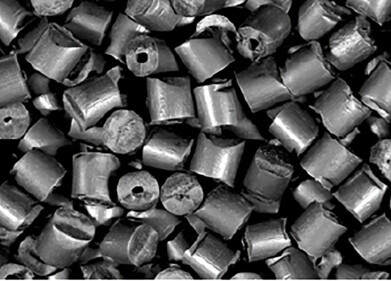-
 Mutant A thaliana plants could lead to new avenues of biofuel testing
Mutant A thaliana plants could lead to new avenues of biofuel testing
Biofuel Industry News
Biofuel testing could lead to water-efficient crop growth
Jan 13 2011
Arabidopsis thaliana is a small, flowering plant that is popular as a genetic model for other, more complex organisms.
As such, any findings made in the species could highlight potential routes for future biofuel testing in feedstock crops.
Scientists at Purdue University have discovered one potentially useful mutation in the species: its ability to grow with a reduced number of stomata.
These are the holes through which water is released and carbon dioxide taken in, and usually close during periods of drought, subduing the growth of the plant but retaining water.
In mutants with fewer stomata, however, 20 per cent less water is lost, while the same amount of carbon dioxide is taken up.
Together with sunlight, these are the key ingredients for photosynthesis - and, in the mutant plants, lead to the same biomass production as in wild examples, but with less water required.
Digital Edition
PIN 25.2 Apr/May
April 2024
In this Edition Safety - Carbon monoxide toxic and flammable gas detection Analytical Instrumentation - Density: A fundamental parameter at critical stages within the petroleum sector...
View all digital editions
Events
May 08 2024 Lahore, Pakistan
May 13 2024 New Orleans, LA, USA
May 14 2024 Tashkent, Uzbekistan
May 14 2024 Oklahoma City, OK, USA
May 15 2024 Lund, Sweden

















